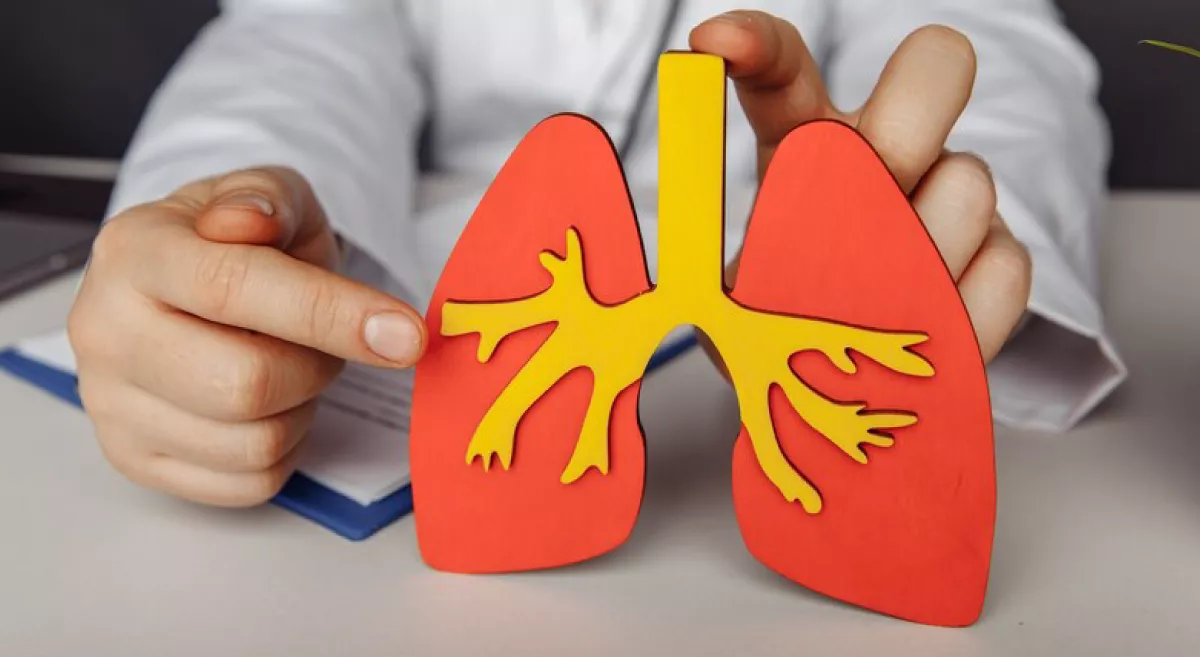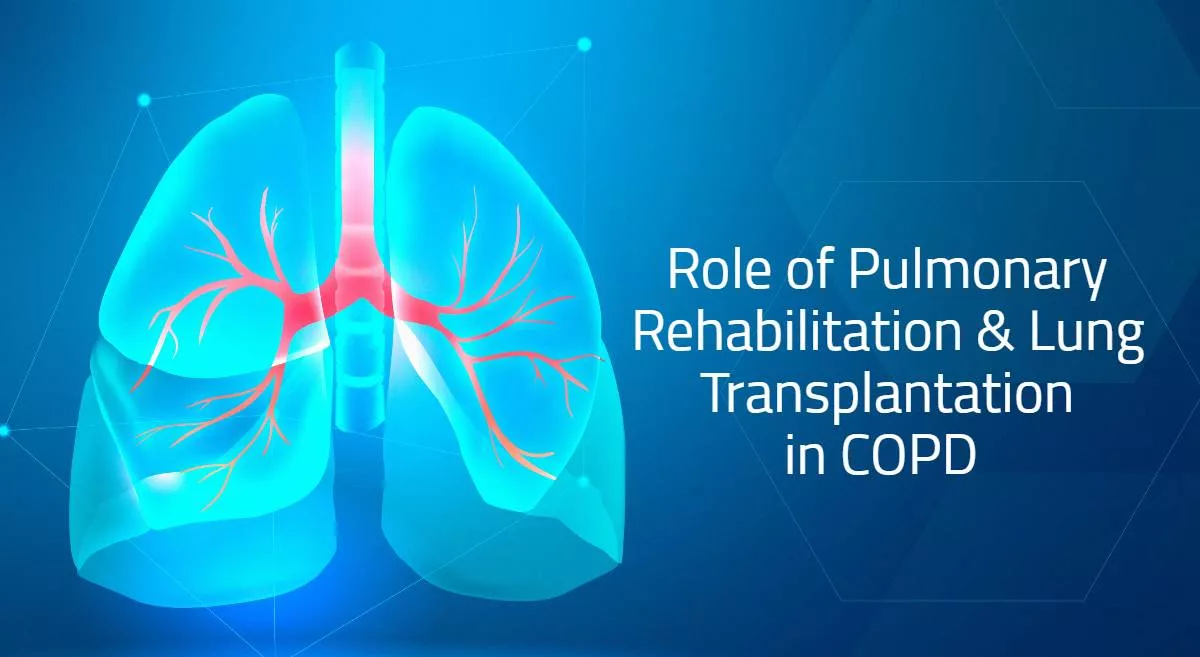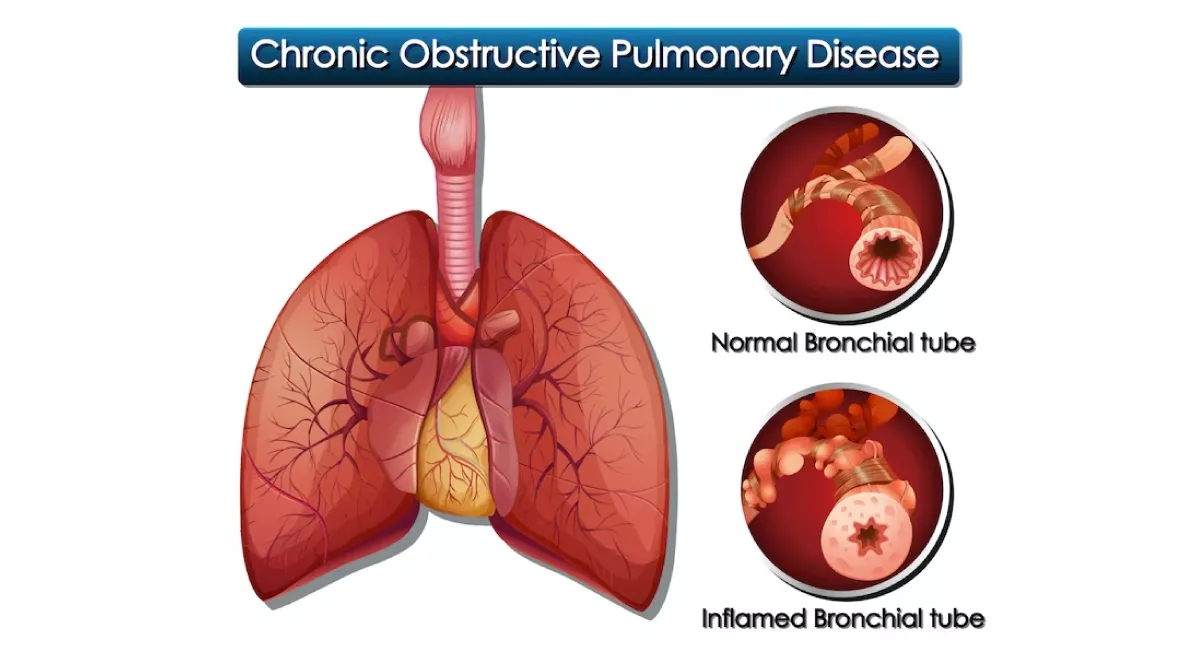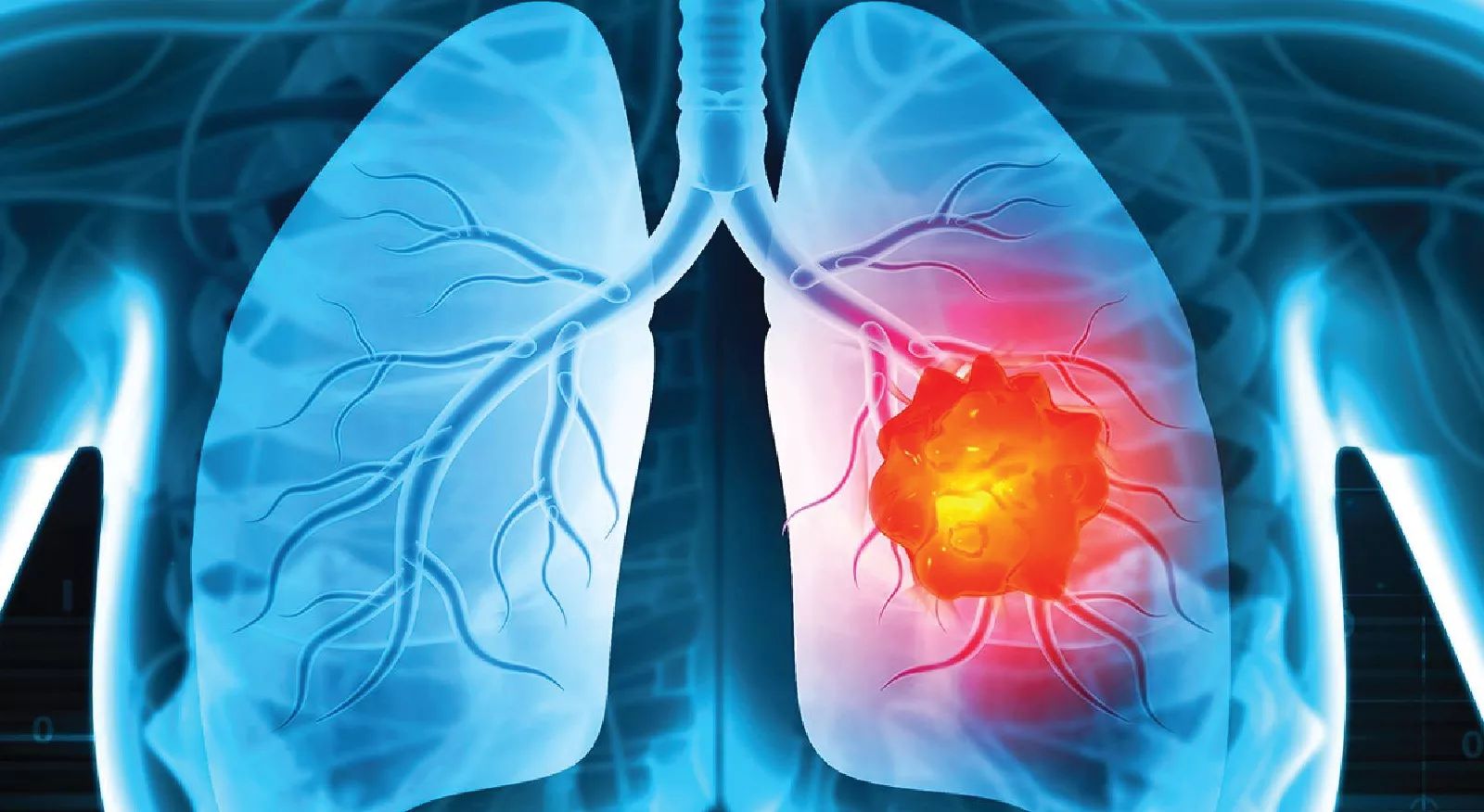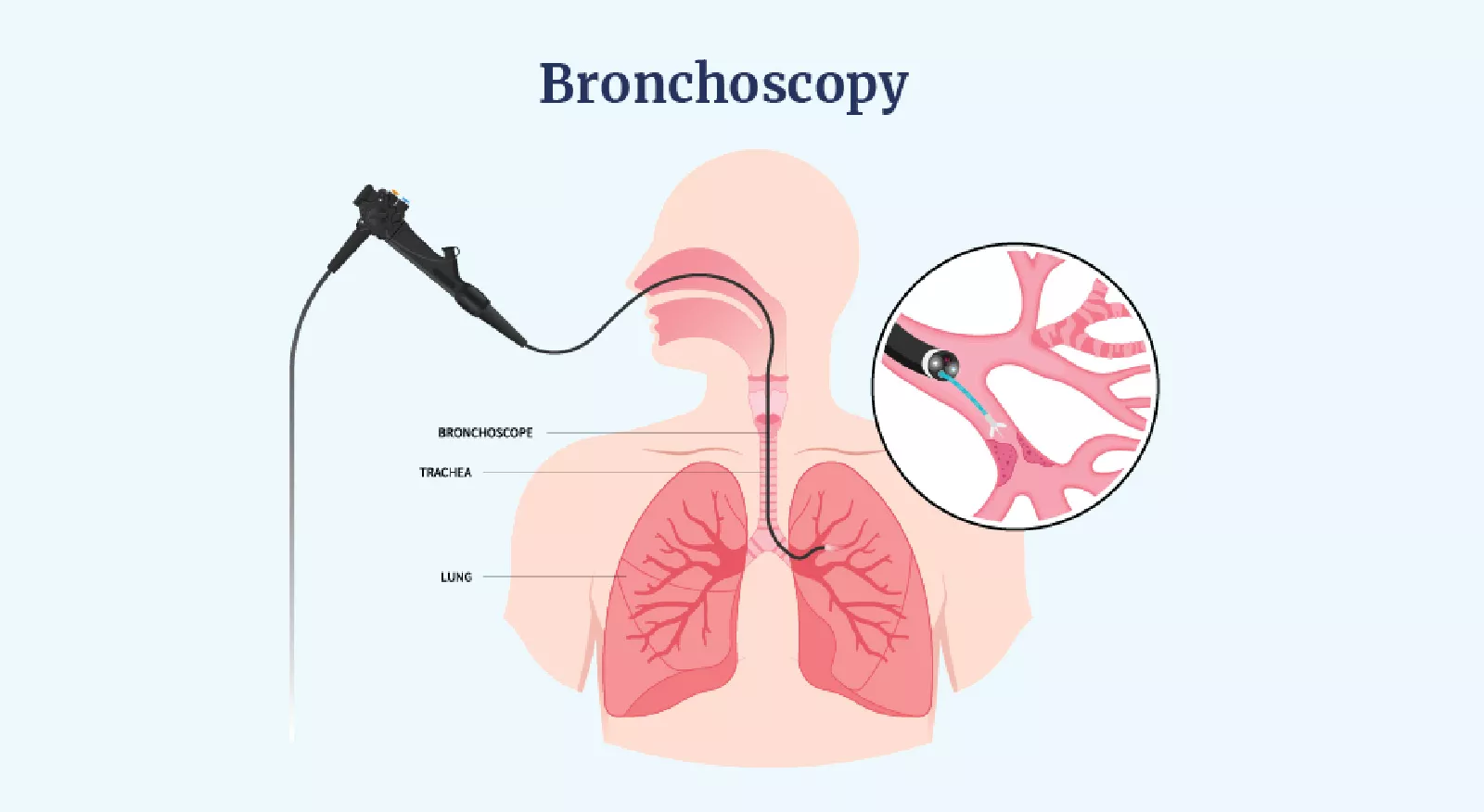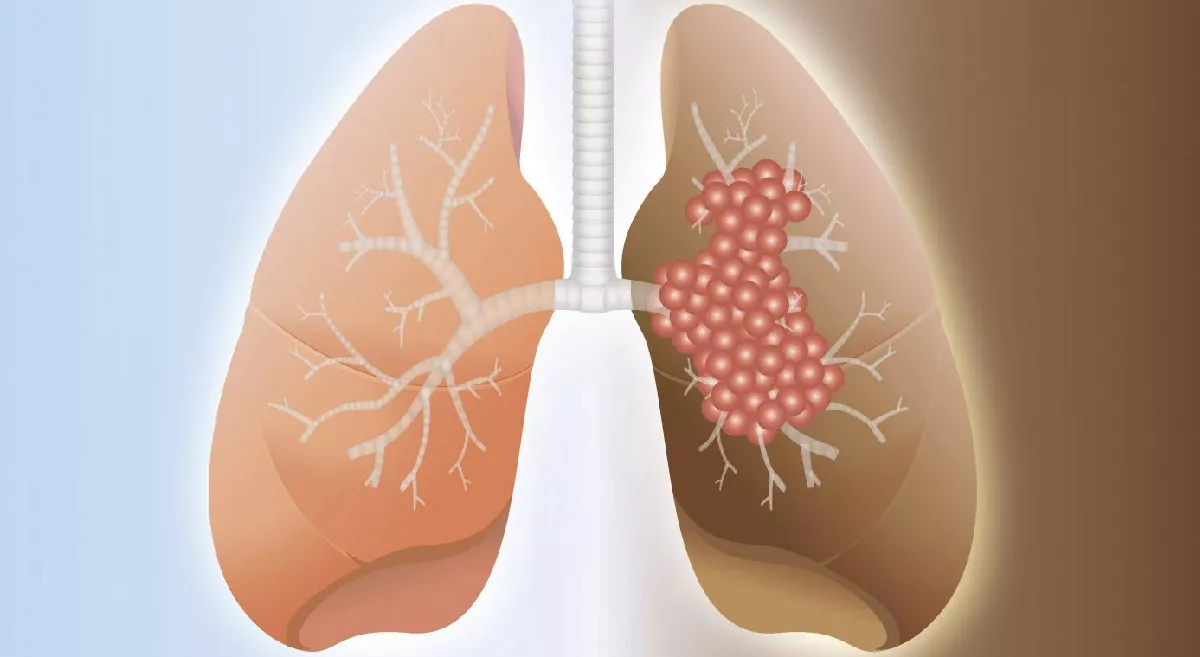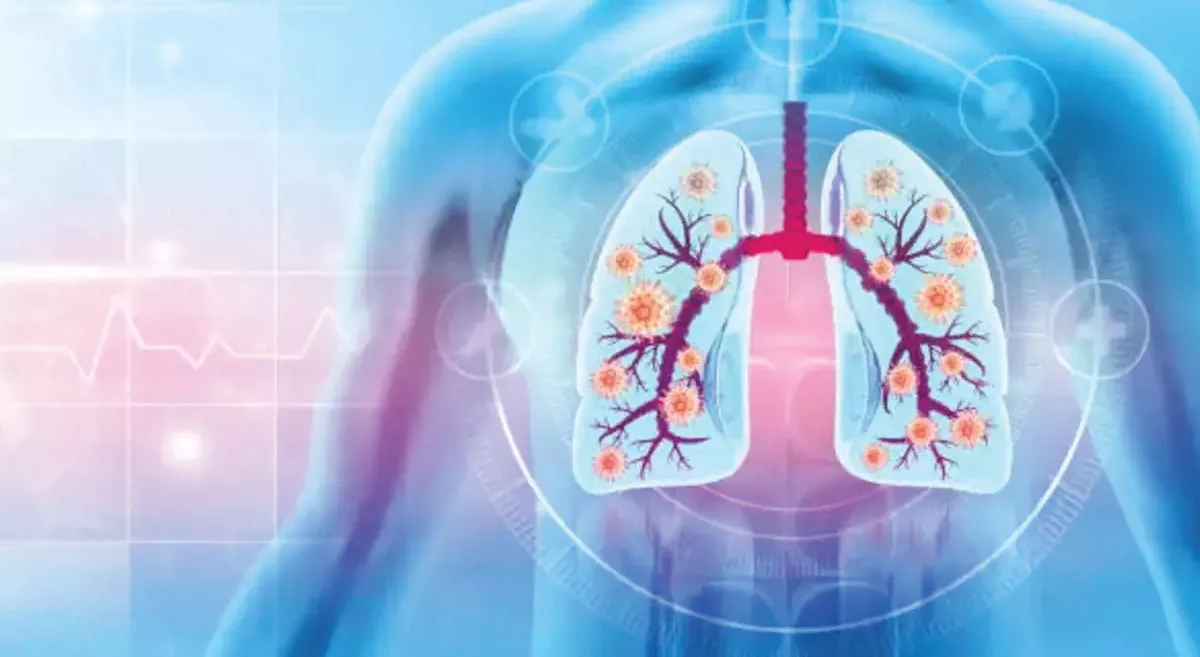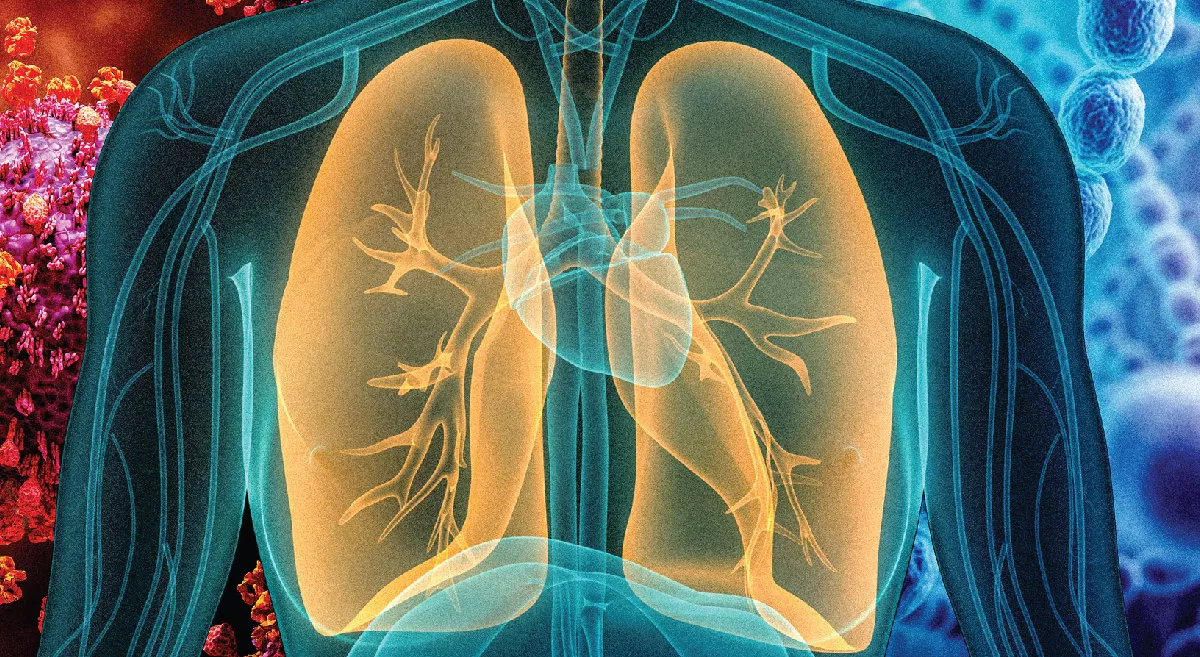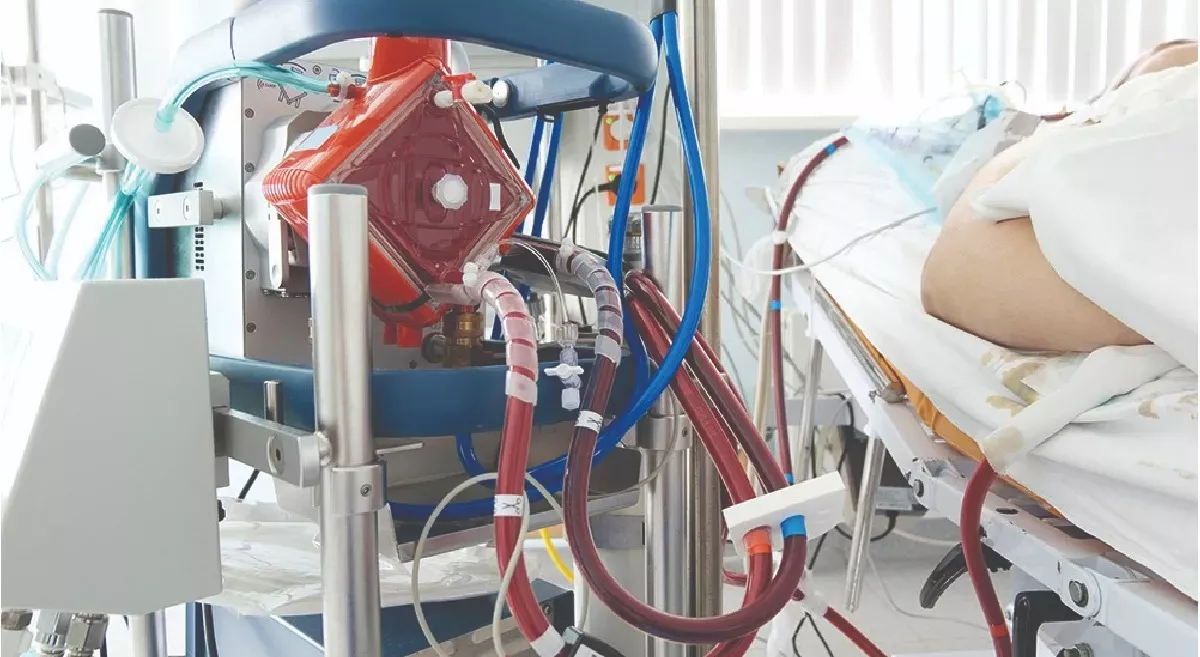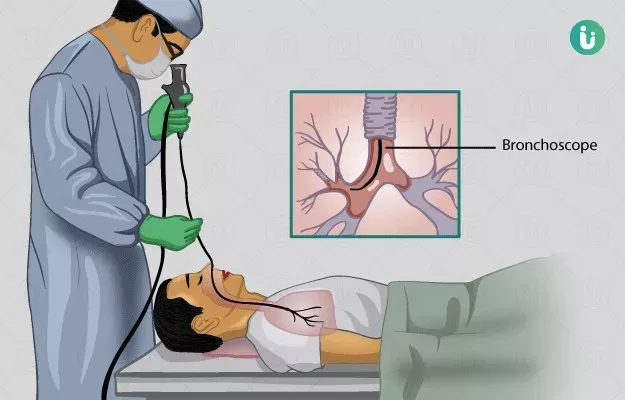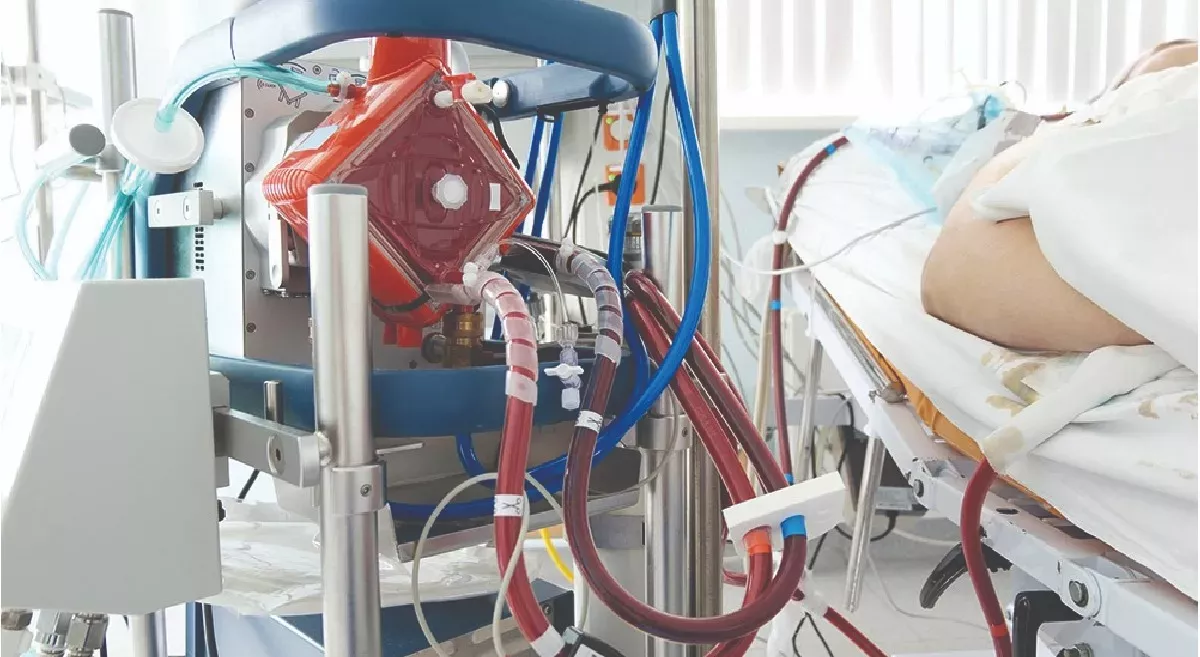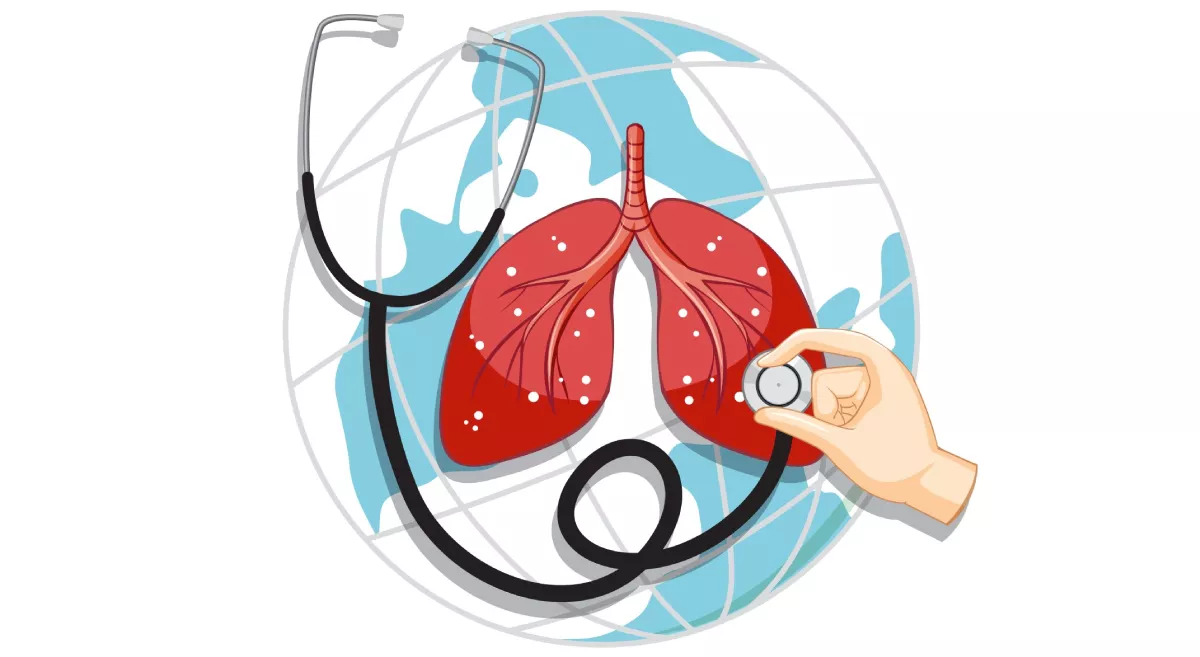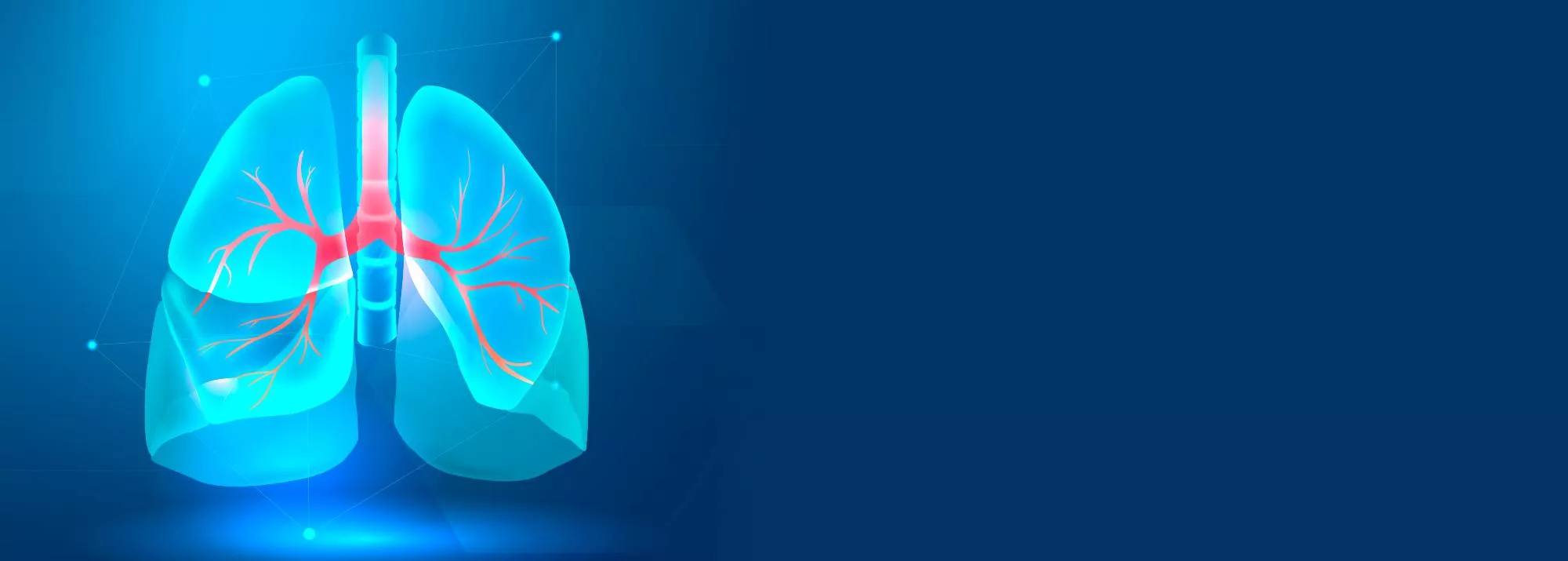It is a condition in which the airways of the lungs (bronchi) become abnormally widened and thickened due to inflammation, infection, or other factors. This can lead to a build-up of mucus and other secretions in the airways, which can cause coughing, shortness of breath, and other respiratory symptoms.
The condition can be either congenital (present at birth) or acquired (developed later in life). Acquired bronchiectasis is more common and is often associated with chronic infections, such as tuberculosis, pneumonia, or fungal infections, as well as conditions that cause inflammation and damage to the airways, such as cystic fibrosis, immune deficiencies, or autoimmune disorders.
Symptoms of Bronchiectasis:
- Chronic cough
- Sputum production
- Shortness of breath
- Chest pain
- Recurrent respiratory infections
- Fatigue
- Unintentional weight loss
Diagnosis of bronchiectasis may involve a range of tests, including pulmonary function tests, imaging studies (such as chest X-rays, CT scans, or MRI), and laboratory tests to evaluate lung function, identify underlying causes, and rule out other conditions that can cause similar symptoms.
Causes of Bronchiectasis
Infections
Repeated lung infections can damage the airways and lead to bronchiectasis. Common causes of infections that can lead to bronchiectasis include tuberculosis, whooping cough, and severe pneumonia.
Immune system disorders:
Some autoimmune conditions, such as rheumatoid arthritis, lupus, and Sjogren's syndrome, can lead to bronchiectasis.
Cystic fibrosis
This is an inherited condition that causes thick, sticky mucus to build up in the lungs and other organs, leading to frequent lung infections and bronchiectasis.
Allergic bronchopulmonary aspergillosis (ABPA)
This is a type of lung disease that can occur in people with asthma or cystic fibrosis who are sensitized to a fungus called Aspergillus. ABPA can cause inflammation and scarring in the lungs, leading to bronchiectasis.
Primary ciliary dyskinesia (PCD)
This is a rare genetic disorder that affects the cilia (hair-like structures) in the airways, leading to chronic respiratory infections and bronchiectasis.
Other causes
Other conditions that can lead to bronchiectasis include gastroesophageal reflux disease (GERD), bronchial obstruction, and certain genetic conditions such as alpha-1 antitrypsin deficiency.
It's important to note that in some cases, the underlying cause of bronchiectasis may not be immediately apparent, and a thorough medical evaluation may be necessary to determine the underlying cause.



